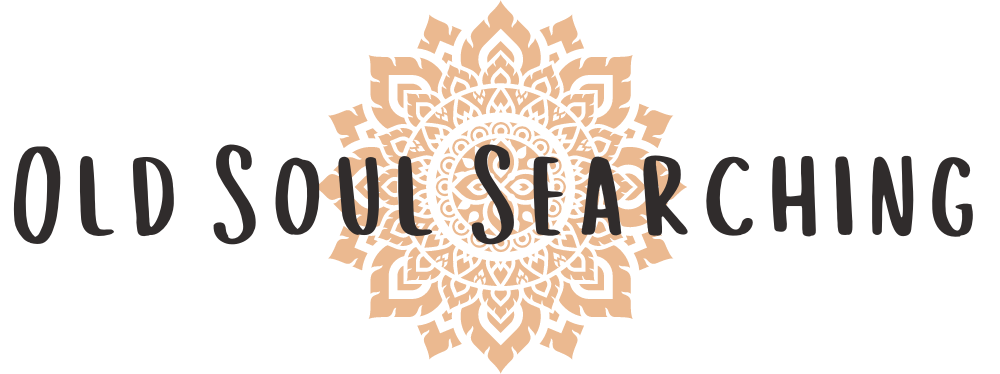. . .
“Smile through the pain,” we’re told not long after our initial distress hits us like a bucket of ice water on our unsuspecting heads. When something bad happens, we’re often told to stop wallowing and to move on to brighter, cheerier topics before we’re ready. Maybe our grief is dampening the spirits of those around us, or maybe it’s tiresome to have to listen to the same sob stories about our near-death-experience or abusive ex. But what if these feelings never had the chance to escape our bodies in the first place? And what if, by not expressing them, we’ve trapping them indefinitely beneath our flesh, so that they continue to lie dormant like a virus?
In an attempt to recover from the constant ambush of gut-wrenching tragedies and depressing news stories, we cover it all up with stubborn positivity that can either be hopeful and inspiring when administered in the correct doses, or exponentially toxic. Toxic positivity typically only supports favorable emotions while denying and suppressing all the others. This not only invalidates our human experiences but it can lead to dissociative symptoms and unhealthy coping mechanisms.
Humans are designed to feel in a way that most other living things can’t. Emotions, both positive and negative, flow through us like a river. They come and go, usually only stopping by for a quick visit before carrying on their way with the current. But when we don’t allow ourselves to feel pain when our loved one dies or anger when our best friend deceives us, that’s when emotions get trapped. That’s when the current can’t flow freely, and our mental and physical health can suffer greatly as a result.
Studies have shown that turning towards our pain has the opposite effect; it releases us of it. This applies to anxiety, depression, and even our physical pain. Pain becomes chronic when there’s nowhere else for it to go, and so it makes a home in us, like it or not.
Toxic positivity, though often well-intentioned, can lead people to feel shameful about their feelings, avoidant around authentic human connection, and even stunt their growth since they aren’t able to absorb the powerful insights that surface from difficult lessons.
None of this is to say that we should lock ourselves in our bedroom for months, drowning in self-pity. Life is all about balance. We should allow ourselves time to mourn our losses, while practicing the necessary self-care to get ourselves back out into the daylight when the worst is over. Only we can make that choice, of course. If we decide we’re ready to forge ahead, then we most likely are. If someone else decides for us, however, we most likely are rushing our healing process without fully confronting ourselves.
The next time you’re feeling upset, your first inclination might be to shove away the discomfort, to replace it with something lighter. Or maybe even to lose yourself in work-related distractions. Try instead to be an observer. To listen intently on what those sensations are trying to tell you. You might save yourself from harboring that negativity for years to come. You might even develop less resentment for yourself and others because you no longer feel like you can’t be your true self.
Pain exists for a reason, and to deny it, is to deny ourselves the time and space we need to fully heal.
. . .
Photo by Mark Adriane on Unsplash
Subscribe to Old Soul Searching and get more motivational insights straight to your inbox!










